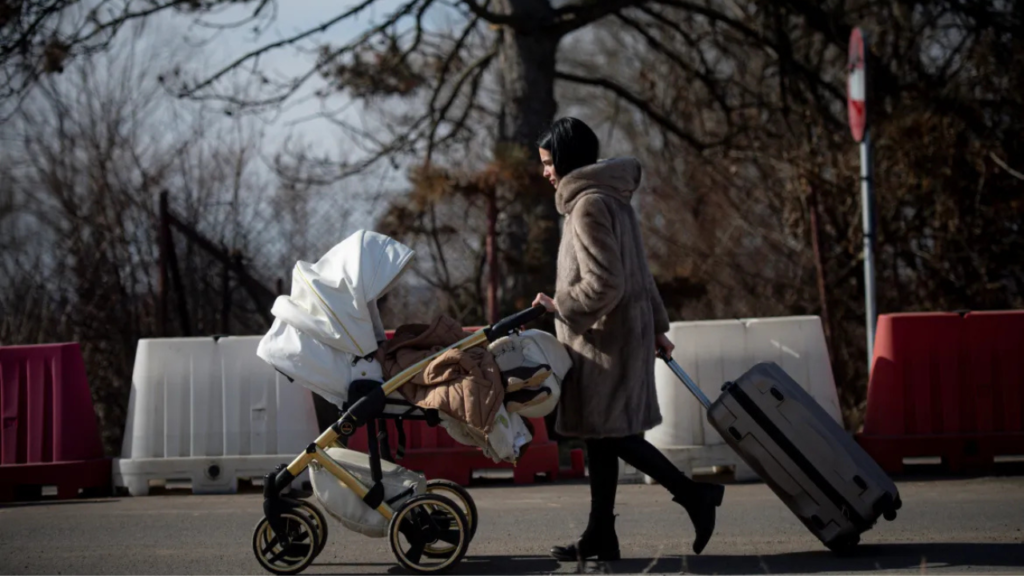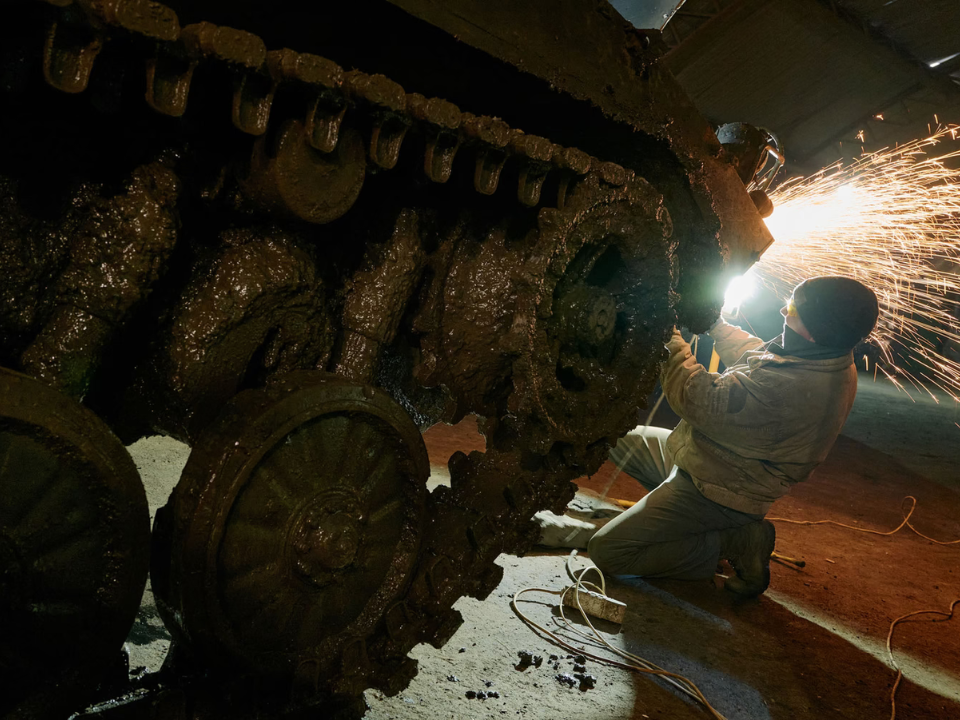Ripple Effects on Regional Stability and Global Alliances
For Reference: Russia-Ukraine | Part 5
The Russia-Ukraine conflict has extended beyond the battlefields, leaving a profound impact on neighboring countries, regional stability, and global alliances. As the war persists, its implications for political, economic, and social dynamics across Europe and the world grow increasingly significant.
Spillover Effects in Eastern Europe
The ongoing war has destabilized Eastern Europe, with neighboring countries grappling with the direct and indirect consequences of the conflict. Poland, Romania, and the Baltic states have faced immense pressure due to the influx of Ukrainian refugees, straining their social and economic infrastructures. Despite this, these nations have demonstrated remarkable resilience and solidarity, providing shelter, education, and employment opportunities to displaced Ukrainians.
Meanwhile, Belarus, a close ally of Russia, has found itself deeply entwined in the conflict. Allegations of Belarusian territory being used for Russian military operations have sparked international criticism and increased NATO’s surveillance in the region.
Economic and Energy Repercussions
The war has disrupted global supply chains, particularly in the energy and agricultural sectors. Ukraine, a major exporter of wheat and sunflower oil, has seen its agricultural output drastically reduced due to the destruction of farmland and infrastructure. This has triggered food shortages and price hikes in parts of Africa and the Middle East, further exacerbating global hunger crises.
Europe’s dependence on Russian natural gas has also forced the EU to rethink its energy strategy. A rapid shift toward renewable energy, coupled with an increase in LNG imports from the United States and Qatar, has marked a significant turning point in Europe’s energy policies. However, this transition has not been seamless, with many countries facing energy shortages and higher utility costs.

Image: Alexandru Dobre/AP Photo
Shifting Global Alliances
The Russia-Ukraine conflict has significantly influenced global alliances. NATO’s strengthened presence in Eastern Europe and its expedited inclusion of Sweden and Finland signal a unified response to Russian aggression. Simultaneously, Russia has sought to deepen its ties with nations like China, Iran, and North Korea, creating a parallel bloc that challenges Western dominance.
Emerging economies, such as India and Brazil, have adopted a cautious approach, maintaining a neutral stance to balance their relations with both the West and Russia. This underscores the complexities of a multipolar world order, where nations weigh their strategic interests carefully amidst global instability.
Impact on International Law and Governance
The war has raised critical questions about the effectiveness of international law in addressing state aggression. The United Nations and other global institutions have faced criticism for their inability to prevent or resolve the conflict. The International Criminal Court (ICC) has launched investigations into alleged war crimes, but enforcement remains a challenge, with Russia rejecting the court’s jurisdiction.
The prolonged conflict has also weakened global governance frameworks, exposing the limitations of collective action in the face of great power rivalries.
Prospects for Peace and Reconciliation
Diplomatic efforts to end the war remain fraught with challenges. The most recent negotiations in Istanbul, facilitated by Turkey and the United Nations, have focused on a potential ceasefire and humanitarian aid corridors. However, disagreements over territorial sovereignty and security guarantees continue to hinder progress.
While the war has shown no signs of immediate resolution, the resilience of the Ukrainian people and the sustained support from the international community provide a glimmer of hope for eventual reconciliation and rebuilding.
Stay tuned for the next article, where we will explore the long-term socio-political and economic impacts of the Russia-Ukraine war on the European Union and beyond.
Details of the Featured Image
The Atlantic: Ukrainian soldiers conducting maintenance on armored vehicles near the front line in the Donetsk region, highlighting the ongoing military efforts and resilience of Ukrainian forces.
Image: Pierre Crom/Getty
Author
Ziara Walter Akari
© www.apotheosislife.com
